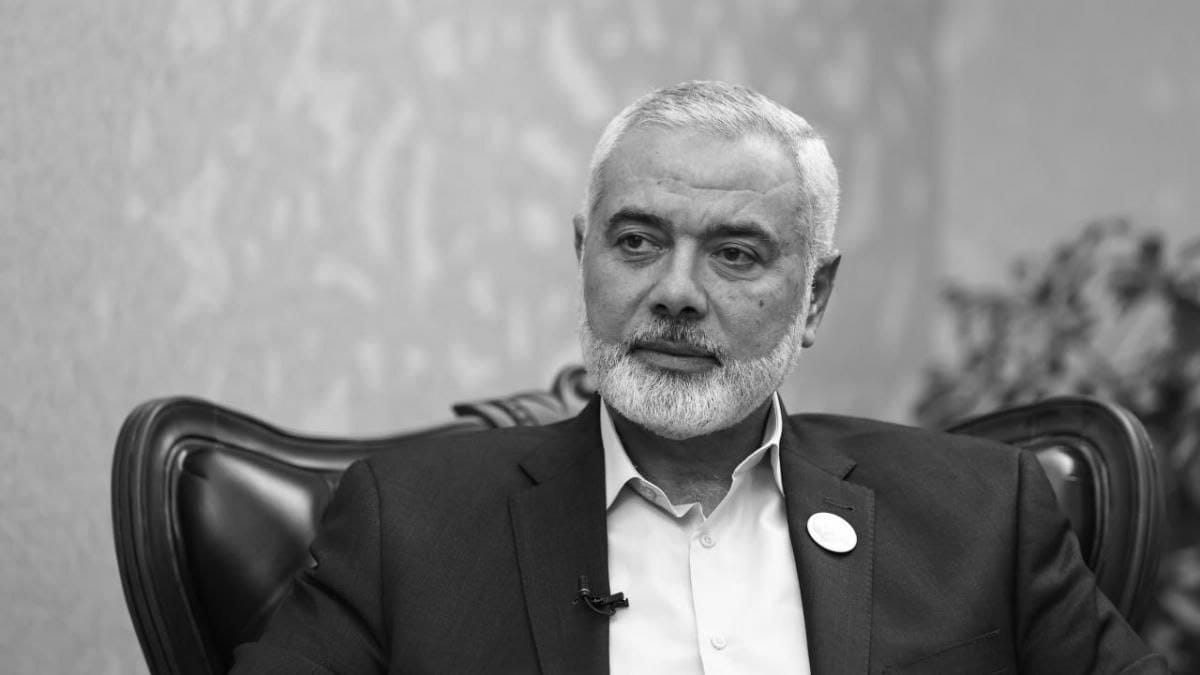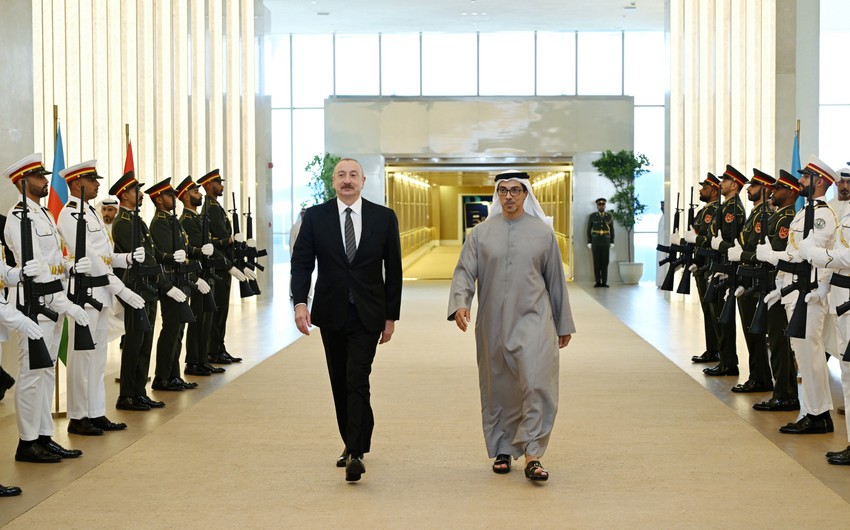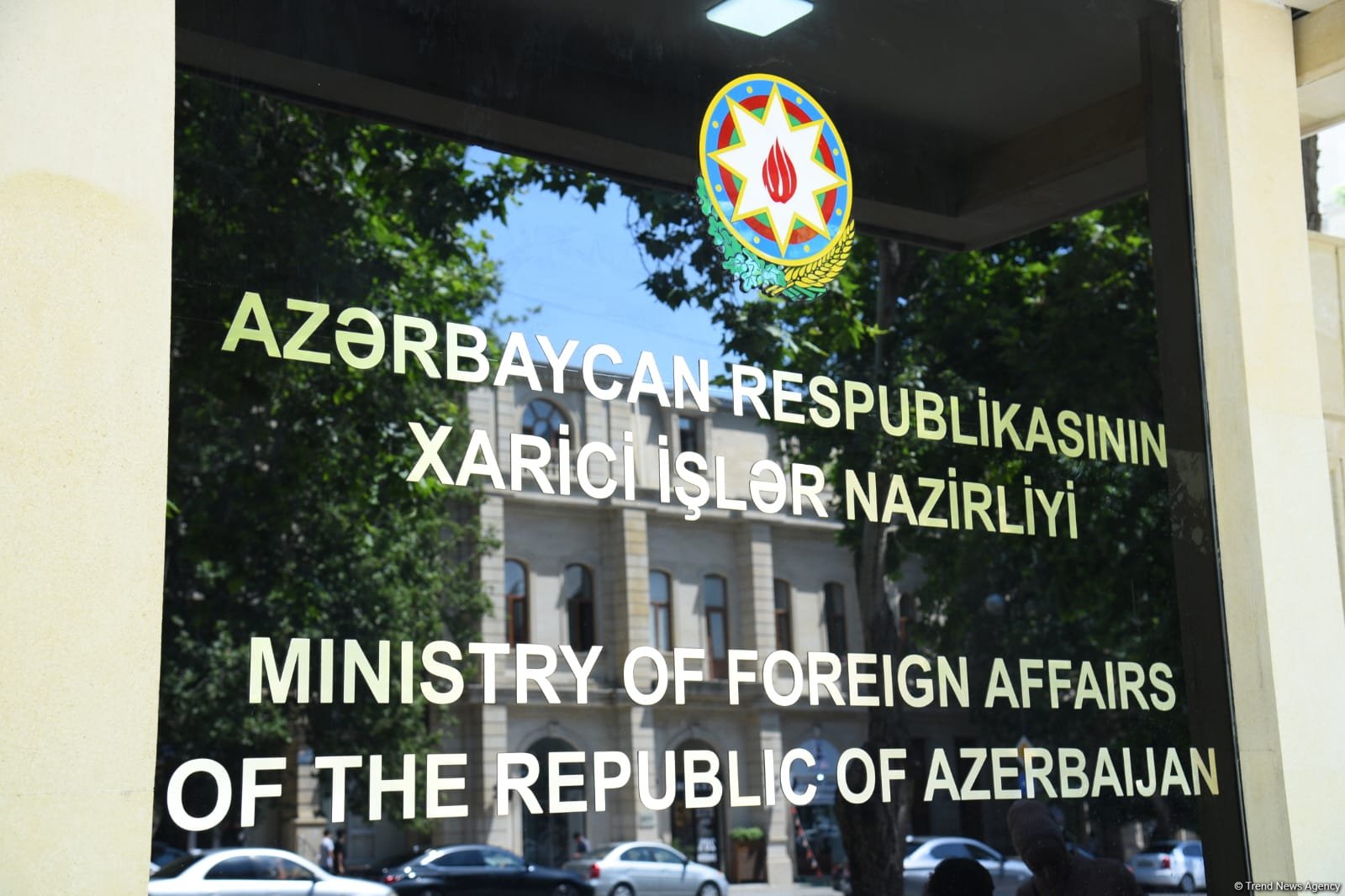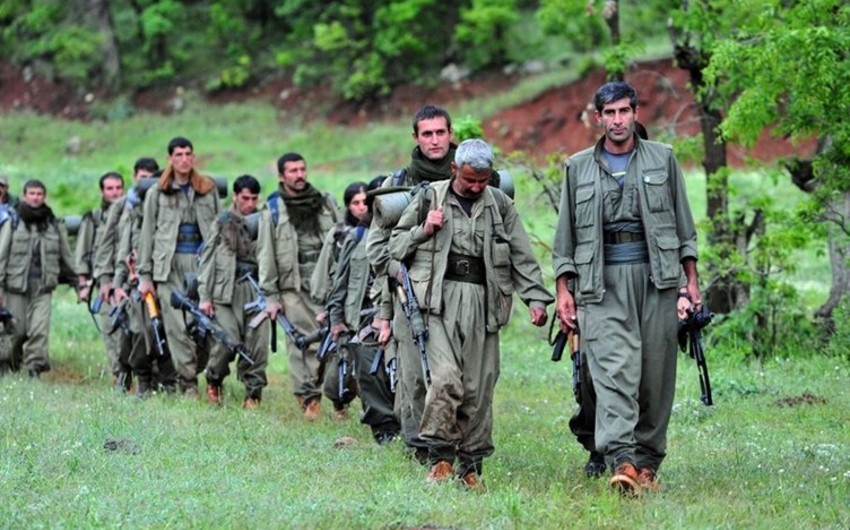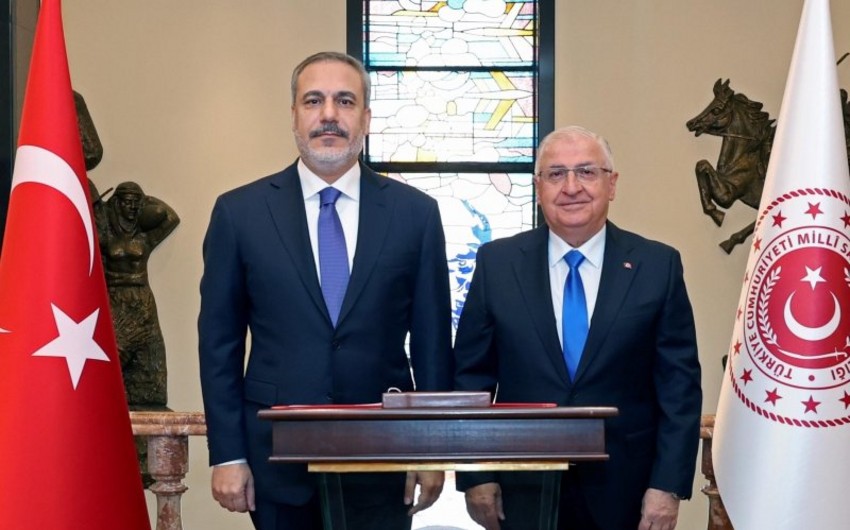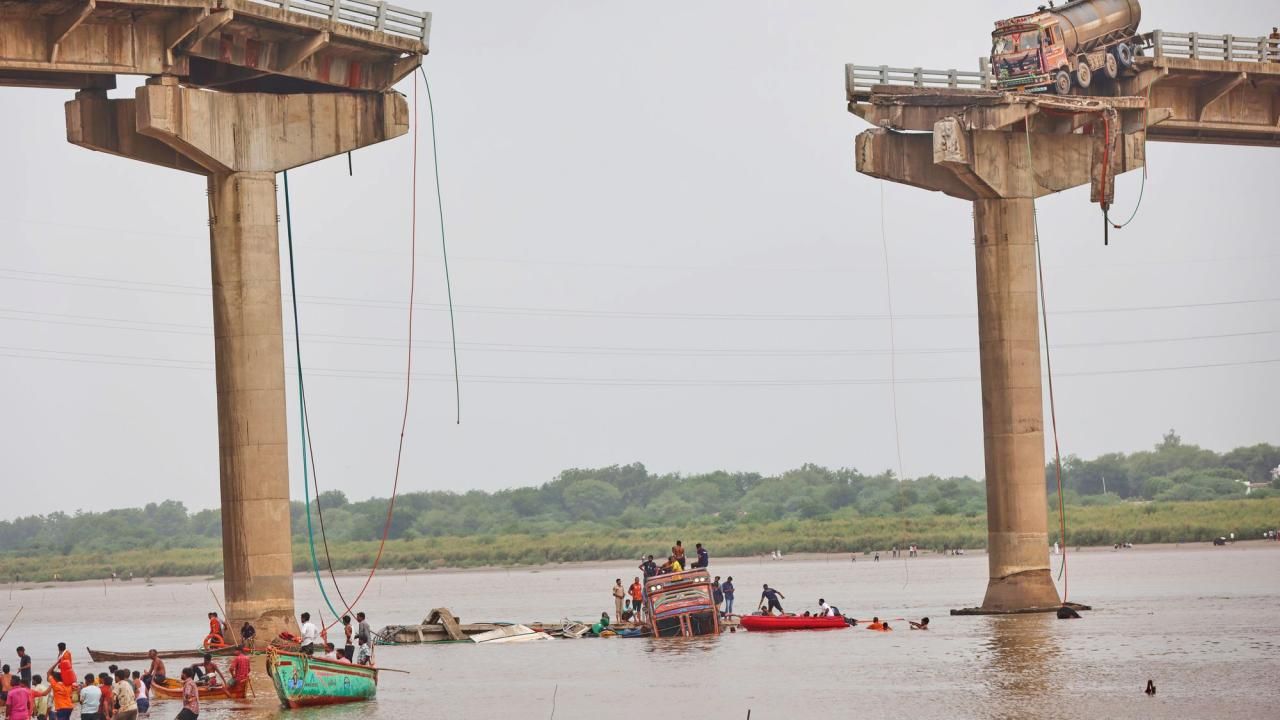Early this morning, the residence of Ismail Haniyeh, head of Hamas' Political Bureau, was struck by rocket fire in Tehran, resulting in his death. This incident is currently under investigation. In response, Hamas has vowed retaliation, while Iran's Supreme Leader Ayatollah Ali Khamenei declared that avenging Haniyeh's death is Iran's duty. The ramifications of this event on the ongoing Gaza conflict are now under scrutiny.
Arab experts shared their insights on the matter exclusively to Ednews.
Dr. Mohammad Sadiq Ismayil, director of the Arab Political and Strategic Studies Center in Egypt, highlighted the significant impact of Haniyeh's death:
"Ismail Haniyeh was a key figure in Hamas, and his killing poses a threat to the movement and jeopardizes any forthcoming cease-fire agreements with Israel. Hamas is likely to retaliate, indicating potential military operations against Israel and an anticipated escalation in the region. This incident follows Israel's targeting of several Hezbollah leaders in Lebanon, suggesting Israel's intent to widen the conflict."
Dr. Moataz Mohi Abdel Hamid, head of the Iraqi Strategic Research Center, noted the implications for ceasefire negotiations in Gaza:
"The assassination of Hamas' leader in Tehran exacerbates fears of an intensified Israeli campaign in the Gaza Strip and an expanded conflict in Lebanon. It raises questions about how Israel breached Iranian security, especially during the inauguration of Iran's new president. This incident underscores Israel's extensive intelligence capabilities."
Dr. Muhammad Mohsen Abu Al Noor, chairman of the Arab Forum for the Analysis of Iranian Policies, discussed the broader geopolitical consequences:
"The assassination of Hamas' leader in Tehran damages Iran more than Hamas, endangering its political standing globally. Iran's anticipated response will likely complicate ongoing Iran-American negotiations. This incident also reveals the extensive reach of Israel's intelligence network."
Loghman Yunis

